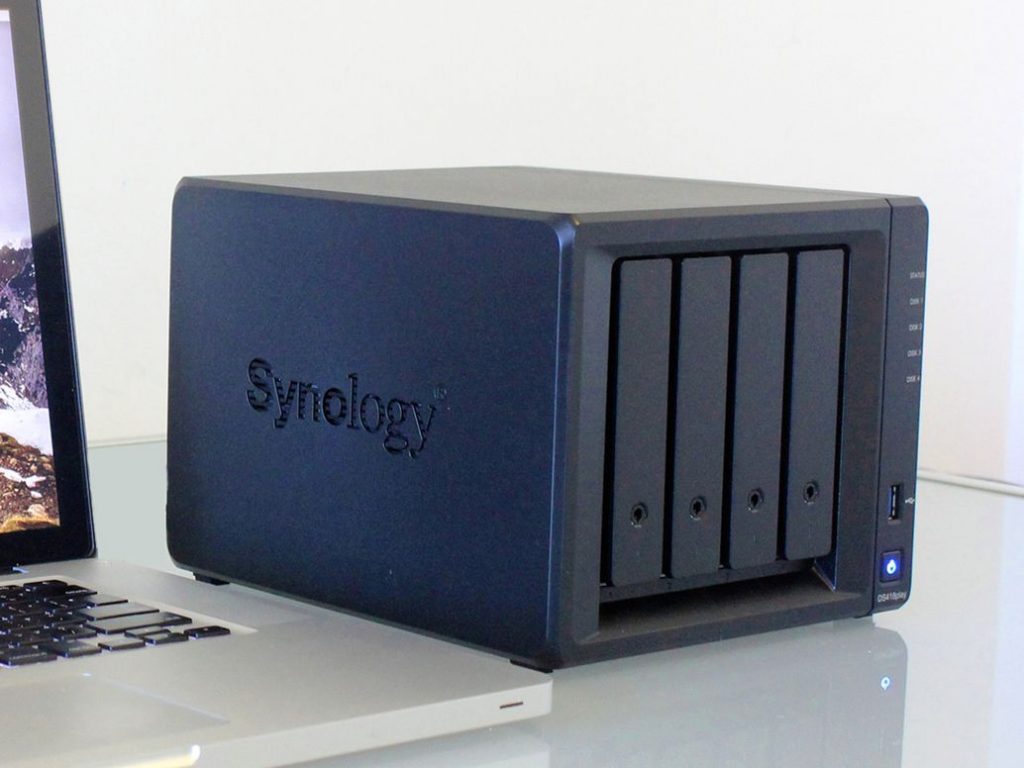

- Nas vs external hard drive speed install#
- Nas vs external hard drive speed full#
- Nas vs external hard drive speed Pc#
What are the differences between them? The most obvious differences may be: NAS is more flexible and offers more features when compared to external drive it is regarded as a hard drive with a brain.īefore you finally decide to purchase an external hard drive or spend cash for some of the best NAS for home use, you’d better read the comparison of NAS hard drive and external hard drive. Just don't forget to do regular backups.Though NAS and external hard drive can be both used to keep documents, videos, and other types of data, they are not the same. I like that the drives are backed by an industry-leading 5-year warranty, but mostly, I like their capacity.
Nas vs external hard drive speed install#
If you've got a sizable NVMe drive, it's still faster to install games and run them off that, but after the game is loaded, there's nearly no difference for most games.ĭespite this, the Seagate IronWolf Pro drives performed exceptionally well, able to take some punishing workloads and then some. This was an interesting exercise, but most gamers won't be running games off a high-performance NAS. Now I can finally install games and run them off my NAS. Single Samsung 840 Pro 1TB SSD: 27 seconds Single IronWolf Pro internally installed: 34 seconds Random I/O operations in particular are still going to favor SSDs, but not every application needs to do a lot of random I/O.įor kicks, I installed GTA5 on our iSCSI drive and used it to load the game.

Due to the latency though, running intense I/O applications is still not going to be as fast as an internally installed drive. But as you can see, at these speeds, you can have a NAS that is basically as fast as an NVMe SSD in terms of throughput.

The reason I'm testing with 16 threads is to basically pound the drives as hard as I can through the network.

410.22ms writes through the network, iSCSI, 16 threads 381.77ms reads through the network, iSCSI, 16 threads Unfortunately, latency plays a role here when you're hitting storage over a network: 2216MB/s writes through the network, iSCSI, 16 threadsĪt these speeds, I'm basically maxing out dual 10Gbit fiber connections (there's always a bit of overhead, so you won't hit the theoretical maximum of 2,500MB/s). 2120MB/s reads through the network, iSCSI, 16 threads Your motherboard's paltry 1 gigabit Ethernet port just won't cut it-although you can use it this way if you're just transferring data and you don't care about how long it takes or if you don't have other users like in an office environment.Ĭonnected up the IronWolf Pro drives dished out some impressive numbers: With 10 drives in use, you're going to need to bind two 10Gbit Ethernet ports together for maximum throughput. This is enough to thrash around any hard drive. Yanking the network cable then, is ill advised.įor testing, I used a QNAP TVS-EC1080 10-bay NAS enclosure that sports a beefy Intel Xeon E3-1246 v3 CPU running at 3.5GHz and 32GB of RAM. The mounted network drive will behave just like an internal hard drive would. This essentially lets you mount the NAS as an actual block-level drive to your PC, over the network.
Nas vs external hard drive speed full#
In a RAID setup, you're going to need your NAS to use either iSCSI or CIFS to take full advantage of the drives. To test ten of these drives, we're going to need a special kind of setup. This is basically as fast as it gets for a drive in this class-and hard drives in general. Seagate rates the IronWolf Pro 12TB at a sustained throughput of 250MB/s. For example, my system is constantly being backed up using Backblaze, and large archival backup is sent to Amazon Cloud-I have an unlimited Amazon Cloud account so this is fine. I run multiple RAID 6 NAS units at home, backed up by business grade uninterruptible power supplies, but I still backup my data through multiple vectors. Always backup your data, no matter what your setup looks like. The second question that always comes up is, "12TB is a lot to lose if the drive dies!" Yes, it is. Going for SSDs above 1TB capacities can skyrocket costs, so hard drives are still the more economical way to add lots of space. Games take up huge amounts of space these days, sometimes as 100GB or more, and aside from bandwidth caps, if you're a Steam hound, you'll use up hard drive space quickly. On the desktop side, having more storage capacity simply allows you to store more things and not have to think twice about what you're saving or downloading.
Nas vs external hard drive speed Pc#
But first, the question that always comes up is, "What do you need all that space for?" It really depends on what your PC use is like.


 0 kommentar(er)
0 kommentar(er)
